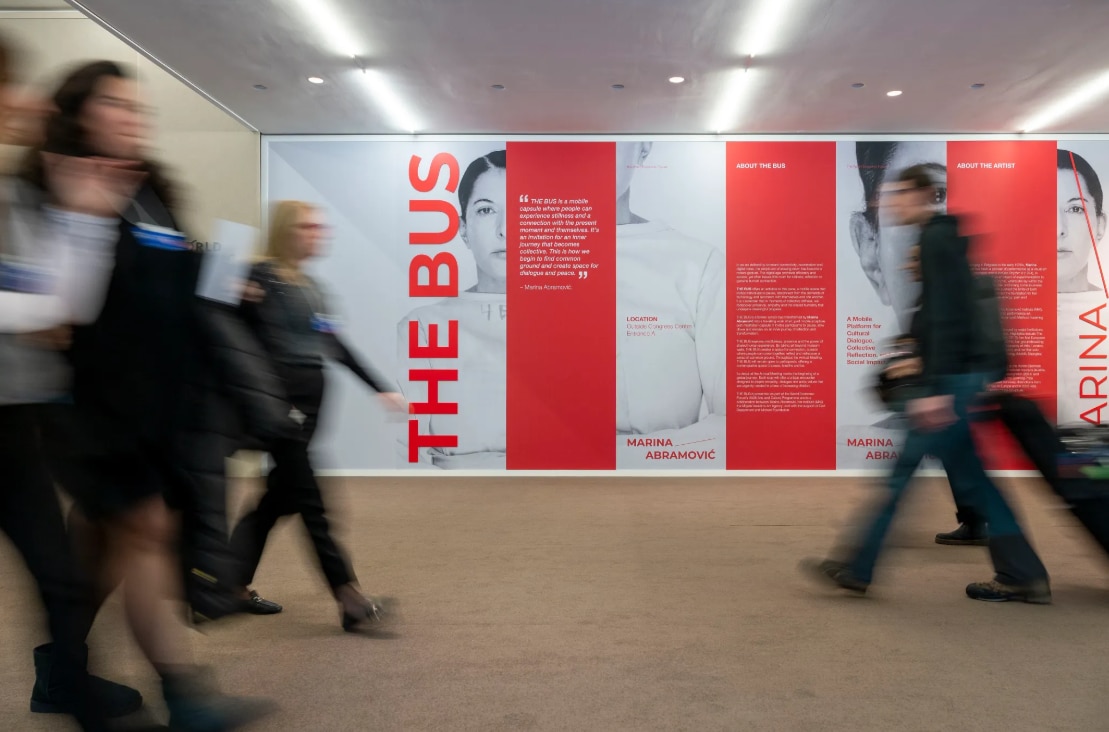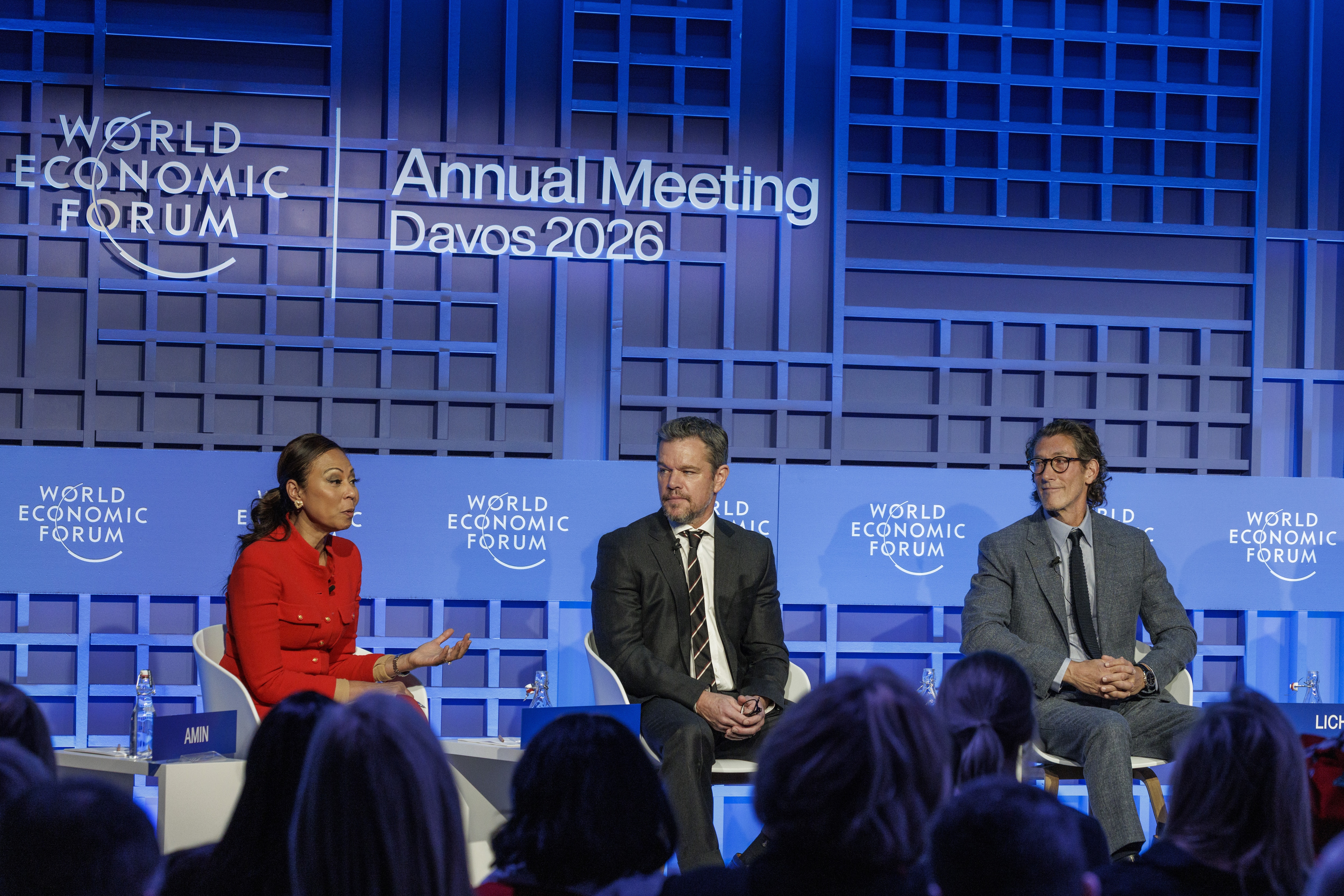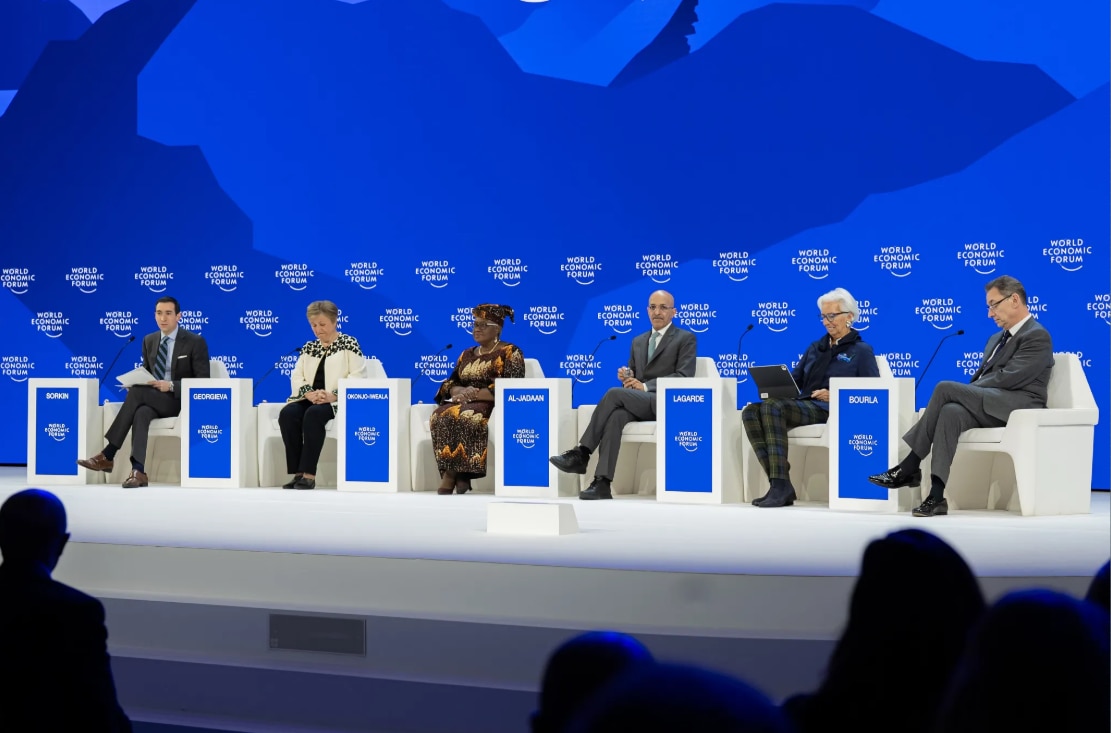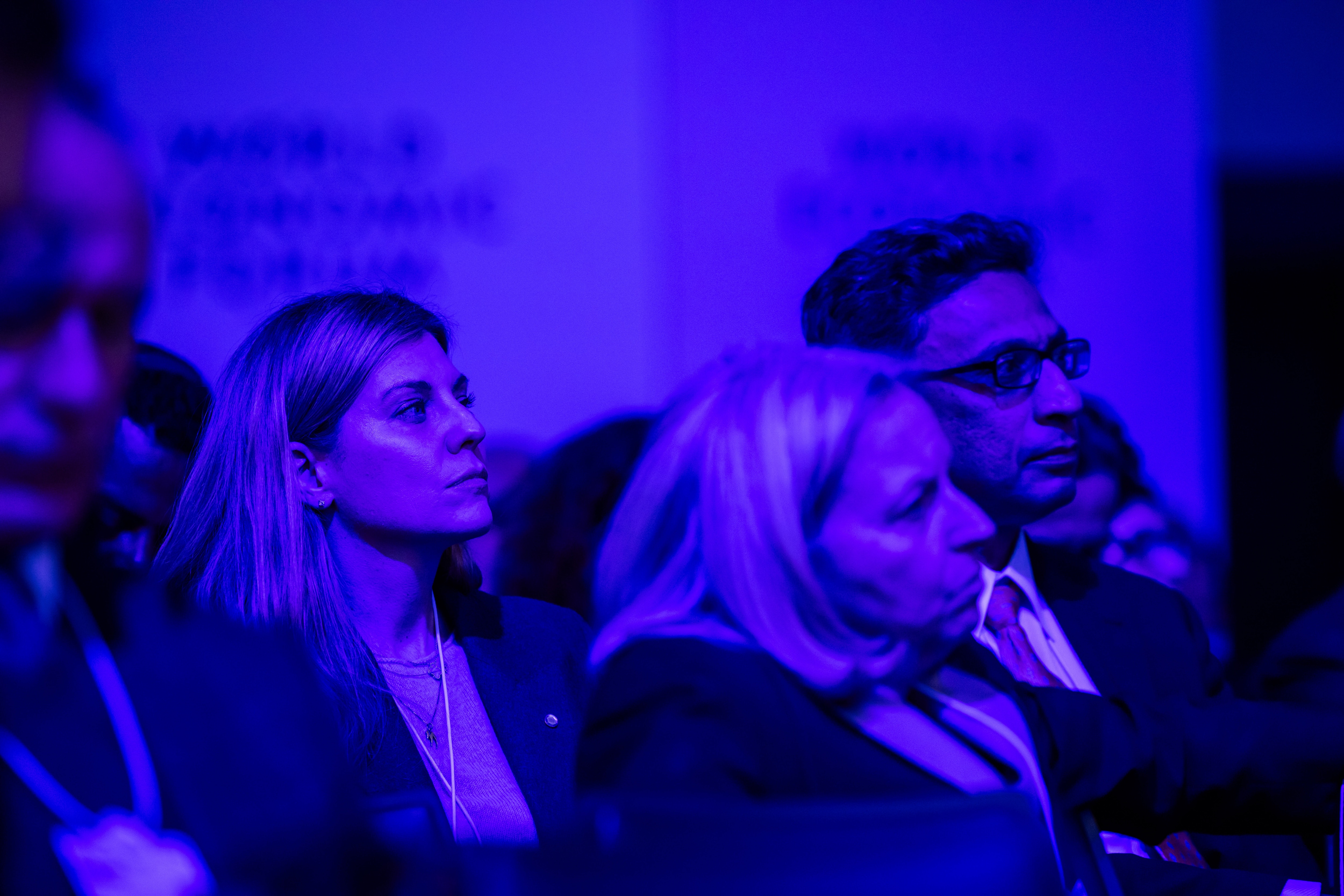How we can advance sustainable economies in developing countries hosting refugees

Refugees need to be able to economically contribute to their new communities. Image: Julie Ricard on Unsplash
Listen to the article
- The urgency to address the economic challenges faced by refugees in developing countries is paramount.
- There are many innovative strategies for fostering refugees' economic integration and self-reliance.
- Ultimately, we must adapt, replicate and scale various initiatives and systematically harness learned experiences to chart a future where refugees contribute meaningfully to their local communities.
In a world grappling with unprecedented displacement, the plight of refugees continues to draw global attention. With over 108 million individuals forcibly uprooted from their homes at the end of 2022, the urgency to address the economic challenges faced by refugees in developing countries remains paramount.
Here, we present the different economic challenges refugees face and outline innovative strategies for fostering their economic integration and self-reliance.
The economic realities of refugees
Refugees, particularly those aged 18 to 24, make up a substantial proportion of the displaced population, with many finding refuge in developing countries close to their homelands. However, a lack of feasible solutions often leaves them stranded in host countries, confined to makeshift refugee camps. These camps, designed for immediate relief, fall short of providing the necessary resources for sustainable livelihoods. Consequently, both refugees and the host communities grapple with limited employment opportunities due to resource constraints.
Recognizing the imperative for change, the 2018 Global Compact on Refugees emphasizes the need for productive employment and dignified work for refugees. This economic inclusion serves as a crucial stepping stone towards financial stability and self-sufficiency. Yet, refugees are faced with obstacles: restricted rights to work; limited infrastructure access; financial exclusion; digital skills disparities; and, competition with locals for scarce resources.
A holistic approach to refugee economies
Scholars Alexander Betts, Louise Bloom, Josiah Kaplan and Naohiko Omata introduce the concept of 'refugee economies' as a lens through which one can view the intricate resource allocation systems shaping refugees' lives in exile. Thus, refugees are not solely victims. They form economic networks spanning cities, nations and even transnational boundaries. Their contributions to host economies are most often positive and their economic diversity ranges from various livelihood activities to entrepreneurial endeavors. They also strive to transition from dependency on humanitarian aid to sustainable self-reliance.
Empowering refugees through an enabling environment
Empowering refugees goes beyond acknowledging vulnerabilities; it embraces their skills, aspirations and responsibilities. Reimagining assistance by focusing on refugees' capabilities paves the way for alternative paths to empower them to become self-reliant.
In contexts where durable solutions remain elusive, fostering self-help through work opportunities, freedom of movement and access to formal financial services gains prominence. Jordan's Compact, which provides Syrian refugees with the right to work, and Uganda's Refugee Act, which promotes an assistance model based on self-reliance, represent success stories of refugees becoming economically integrated.
Private sector involvement emerges as a catalyst for integration, illustrated by initiatives such as IKEA's partnership with UNHCR in Ethiopian refugee camps. This collaboration, backed by substantial investment, generated cooperative models encompassing agriculture, livestock, energy and micro-finance. Positive outcomes included infrastructure development, basic needs fulfilment, livelihood opportunities, new markets and innovative models that have the potential to be replicated elsewhere. Similar initiatives, such as the Kakuma Kalobeyei Challenge Fund and the Tent Partnership for Refugees, show the private sector's positive impact.
The digital refugee economy
The digital realm emerges as a promising avenue for job creation among refugees, connecting them to the global economy and enabling socio-economic inclusion within local communities in their host countries, which in turn, speeds up their process of integration.
In a 2022 market assessment of Kenyan refugee camps, Samuel Hall revealed that, while digital skills, vocation education and training programmes exist, they are unevenly distributed and struggle to bridge the gap between training and employment. While some refugees engage in short-term online work, limited demand for their skills hampers their career trajectories.
To address this issue, tailored training initiatives aligning with digital economy demands and employer needs are critical. Noteworthy programmes, such as the three-month Executive Leadership Educational programme in Kakuma, in collaboration with the Forum of Young Global Leaders, UNHCR, Oxford University, Aliko Dangote Foundation and Danish Church Aid, are examples of holistic approaches to digital education. Furthermore, MIT's Refugee Action Hub (MIT ReACT), offering a certificate in Computer and Data Science, showcases the importance of enabling refugees to get accredited certificates from recognized institutions.
Towards a resilient future
Drawing from these experiences, a resounding lesson emerges: a people-centred approach is pivotal. Professional development programmes must centre on refugees' talents, acknowledging their unique perspectives and lived realities. This includes social cohesion, psychological welfare, as well as recovery following traumatic experiences. Furthermore, targeted efforts are necessary to ensure equitable digital upskilling for female refugees and people with disabilities, who would otherwise not have access to such opportunities.
While the demand for digital skills is on the rise, the growth trajectory does not inherently guarantee a surge in sustainable and decent long-term employment opportunities. Market-based interventions that consider existing economic conditions (and limitations) and private sector engagement are indispensable. The ultimate aim is not only to adapt, but also to replicate and scale these initiatives, systematically harnessing learned experiences to chart a future where refugees contribute meaningfully to their local communities.
Don't miss any update on this topic
Create a free account and access your personalized content collection with our latest publications and analyses.
License and Republishing
World Economic Forum articles may be republished in accordance with the Creative Commons Attribution-NonCommercial-NoDerivatives 4.0 International Public License, and in accordance with our Terms of Use.
The views expressed in this article are those of the author alone and not the World Economic Forum.
Stay up to date:
Fairer Economies
Related topics:
Forum Stories newsletter
Bringing you weekly curated insights and analysis on the global issues that matter.
More on Forum in FocusSee all
Kaya Bülbül and Kate Whiting
January 30, 2026





